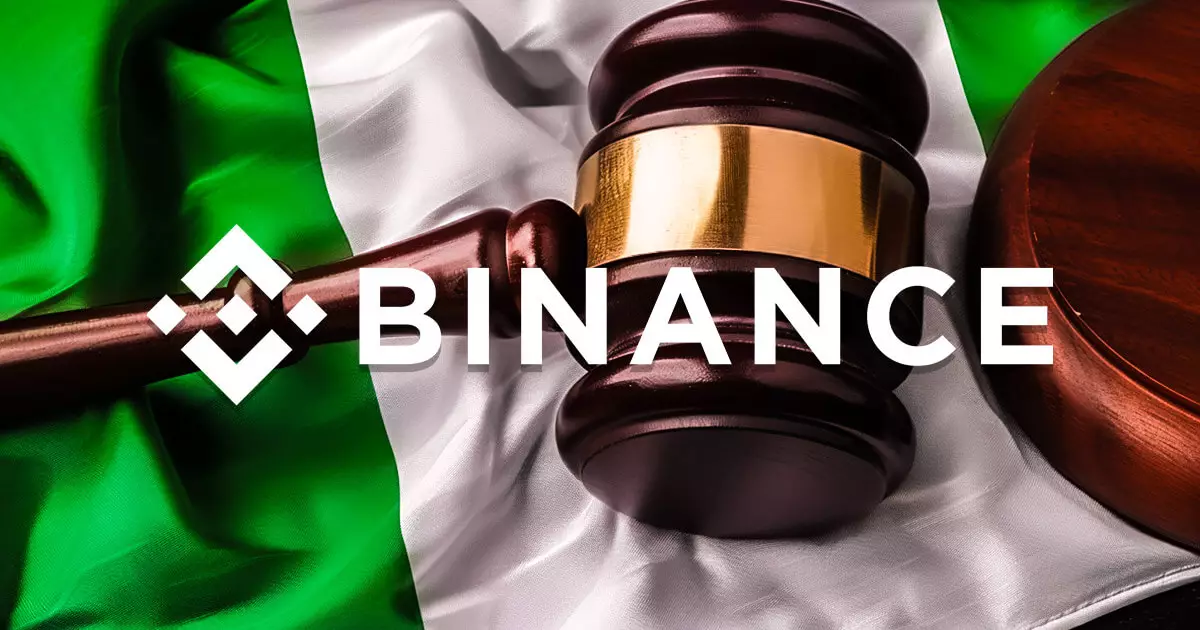Olubukola Akinwumi, the deputy director of the Central Bank of Nigeria (CBN), recently accused Binance of engaging in transactions that are typically reserved for authorized banks and financial institutions. This accusation came as part of Akinwumi’s testimony in a lawsuit brought by the Economic and Financial Crimes Commission (EFCC) against Binance and its executive, Tigran Gambaryan.
Akinwumi highlighted the fact that Binance allows Nigerian users to use pseudonyms when conducting transactions on its platform, a direct violation of the CBN’s regulations that demand true identities to be disclosed in financial transactions. Additionally, he pointed out that Binance’s peer-to-peer (P2P) platform, which facilitates direct transactions, involves the transfer of the Nigerian fiat currency, Naira. Akinwumi specifically stated, “So the Binance platform facilitates all the processes or P2P transactions as I have just enumerated, either using a Nigerian bank account already stored by users on the Binance platform or the naira wallet account provided by the Binance platform.”
The deputy director further elaborated on how the P2P transactions conducted via Binance were in direct violation of the CBN’s rules. It is important to note that Binance halted its P2P feature for Nigerians in February following increased government scrutiny. Akinwumi also highlighted the fact that Binance allows Nigerians to deposit and withdraw Naira from the platform through a ‘cash link,’ even though these activities are regulated and fall under the purview of the CBN. It was also mentioned that Binance is not licensed by the CBN as a payment service provider.
Akinwumi is scheduled to undergo cross-examination on July 16 when the trial resumes. The crackdown on crypto service providers in Nigeria began after the National Security Adviser labeled crypto trading as a national security threat. This led to a change in the country’s stance towards crypto, despite the CBN lifting a two-year ban on crypto transactions in December. Recently, Nigeria’s Securities and Exchange Commission (SEC) issued a 30-day window for crypto exchanges and digital asset traders to re-register their businesses under the new regulatory framework, warning of enforcement actions for non-compliance.
The accusations brought forth by the CBN deputy director against Binance raise serious concerns about regulatory compliance and transparency in the cryptocurrency space within Nigeria. It remains to be seen how the legal proceedings will unfold and what impact they will have on the operations of crypto service providers in the country.















